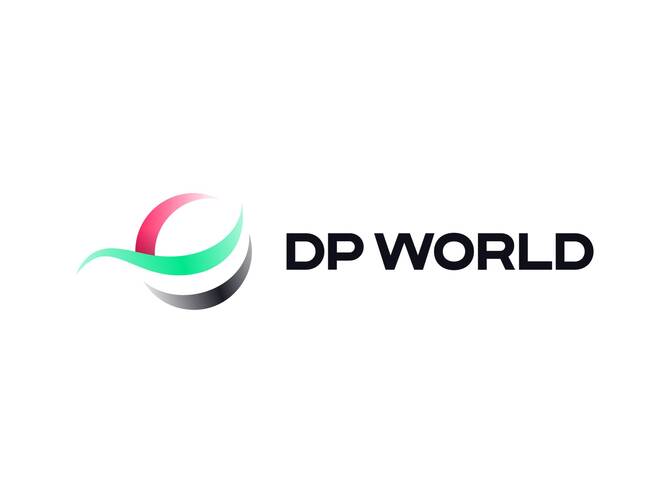DUBAI: Richard Branson is quitting as chairman of Virgin Hyperloop One after saying the company, that plans to build a supersonic transport system in the UAE and other countries, needs a more actively involved leader, a statement confirmed on Monday.
“At this stage in the company’s evolution, I feel it needs a more hands-on Chair, who can focus on the business and these opportunities,” the statement quoted Branson as saying.
“It will be difficult for me to fulfil that commitment as I already devote significant time to my philanthropic ventures and the many businesses within the Virgin Group.”
Virgin Hyperloop One’s biggest shareholder, Dubai’s DP World, said the company was seeking a new chairman.
Richard Branson steps down from role as chairman of Virgin Hyperloop
Richard Branson steps down from role as chairman of Virgin Hyperloop

- Branson says the company, that plans to build a supersonic transport system in the United Arab Emirates and other countries, needs a more actively involved leader
- Virgin Hyperloop One’s biggest shareholder, Dubai’s DP World, said the company was seeking a new chairman
DP World announces new leadership appointments

DUBAI: DP World announced the appointment of Essa Kazim as Chairman of its Board of Directors and the appointment of Yuvraj Narayan as Group Chief Executive Officer.
Essa Kazim currently serves as Governor of the Dubai International Financial Centre and Chairman of Borse Dubai. He brings extensive experience in financial and economic affairs, having previously held senior leadership positions in several national institutions.
Yuvraj Narayan has extensive professional experience in financial management, corporate finance, supply chains, and global trade. Since joining DP World in 2004, he has led a number of strategic and transformational initiatives that supported the company’s expansion across international markets and strengthened its role as an integrated global provider of end-to-end supply chain solutions.
Narayan has served as Group Chief Financial Officer since 2005, contributing to the company’s financial resilience and operational efficiency.
DP World affirmed that the new appointments support its strategy for sustainable growth and reinforce its role in strengthening global supply chains and supporting Dubai’s position as a leading hub for trade and logistics.














